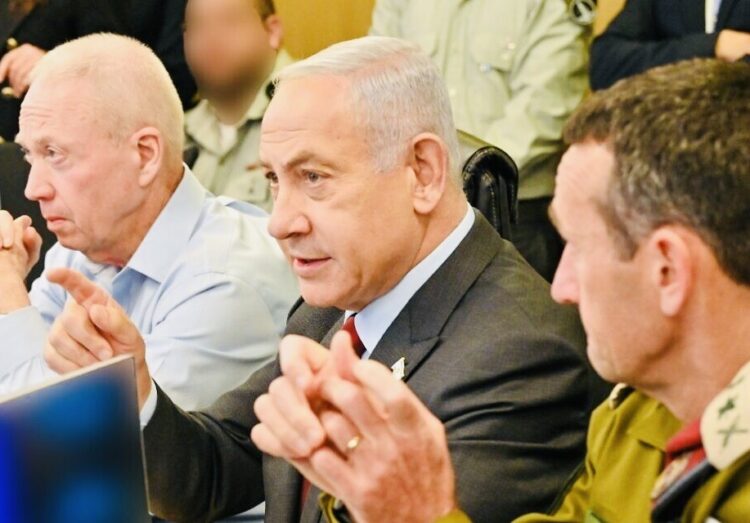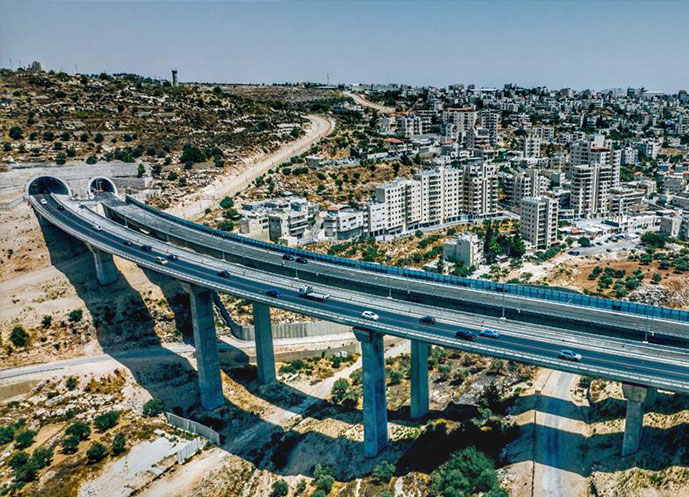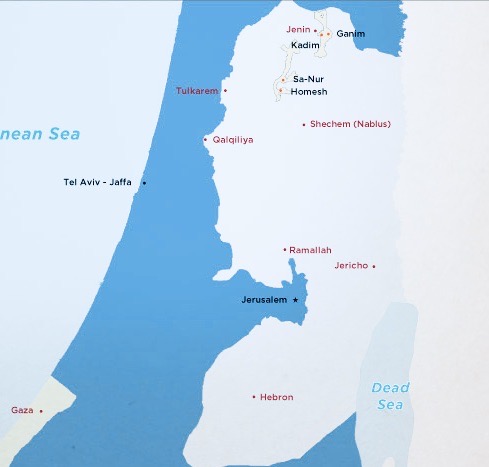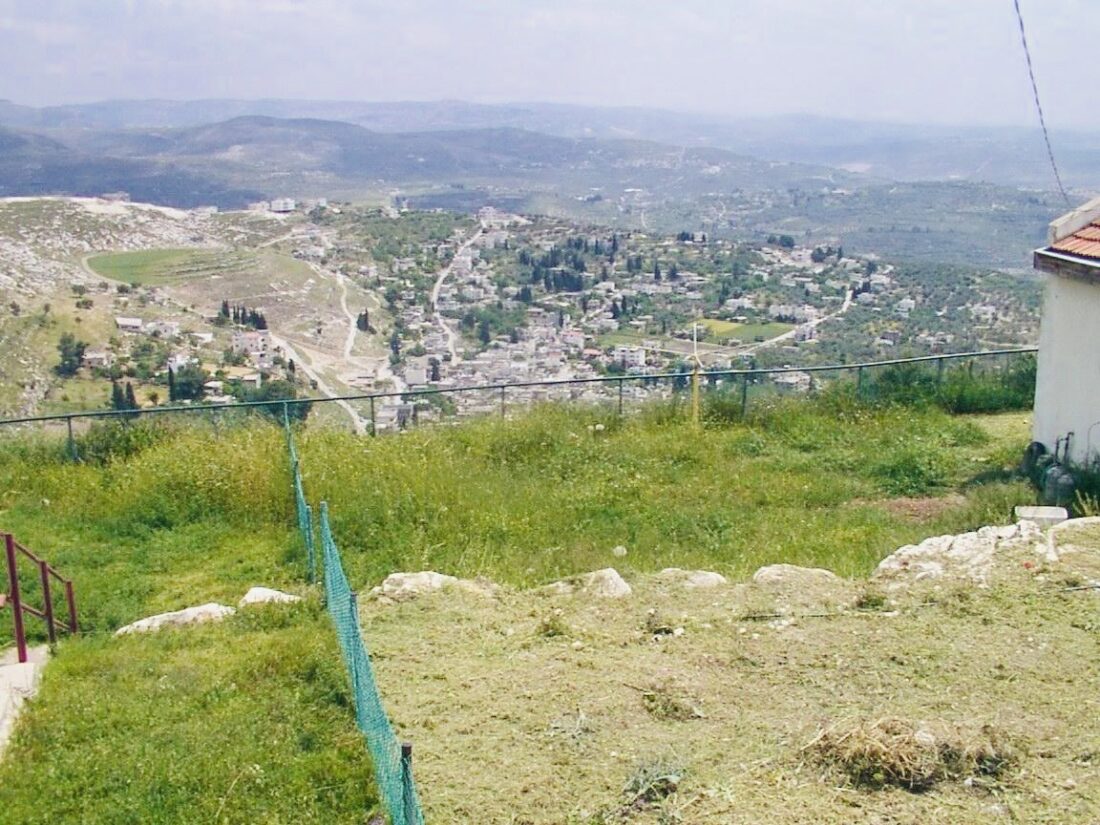To no one’s surprise, Israel has stepped up its efforts to consolidate its occupation of the West Bank, thereby undercutting the already slim prospect of a two-state solution and thumbing its nose at its chief ally, the United States.
Israel has been building settlements and roads in the West Bank, populated in the main by Palestinian Arabs, since the 1967 Six Day War. This is a massive construction project that has been endorsed by every Israeli prime minister in the past 56 years, especially those from the right-wing Likud Party.
Prime Minister Benjamin Netanyahu, Likud’s longtime leader, an ardent supporter of the settlement movement, and an opponent of Palestinian statehood, is certainly no exception to this rule.
The coalition government he formed late last December, an amalgam of secular and religious nationalists, is the most stridently nationalistic and expansionist in Israeli history. Netanyahu and his colleagues, notably Finance Minister Bezalel Smotrich and National Security Minister Itamar Ben-Gvir, are firmly committed to maintaining control of the West Bank, which is claimed by the Palestinians in general and by the Palestinian Authority in particular.

In its latest state budget, passed on May 25, Israel allocated nearly $1 billion to expand settlements and pave new roads and upgrade existing ones over the next two years. More than $500 million alone will be invested to upgrade Route 60, a north-south highway that runs along the length of the West Bank.

This huge investment represents one-quarter of the Ministry of Transport’s budget for road infrastructure, even though Jewish settlers in the West Bank account for only five percent of Israel’s population of ten million.
Funds also will be funnelled to settlers who have established unauthorized outposts and to the Civil Administration, the agency within the Ministry of Defence responsible for developing the West Bank’s infrastructure. Smotrich, the head of the pro-settlement Religious Zionist Party, has been in charge of the Civil Administration since February.

Several days after the state budget was presented, the Israeli government announced that a yeshiva in Homesh had been transferred several hundred meters from a site on Palestinian private land to a state-owned plot. Homesh is one of four settlements in the northern West Bank that were evacuated and razed by Israel as part of its unilateral withdrawal from the Gaza Strip in 2005. The other three settlements were Kadim, Ganim and Sa-Nur.

According to the Tel Aviv-based Institute for National Security Studies, a permanent settler population in Homesh “undermines stability and foments discontent on the ground.”
It forces the Israeli army to deploy troops to secure the yeshiva and the roads leading to the settlement. It increases friction between Jews and Palestinians and encourages Palestinian terrorist attacks. It curbs the motivation of the Palestinian Authority to impose law and order and thwart violence and terrorism.
The objective of Israel’s partial withdrawal from the northern West Bank was to separate Jews and Palestinians in an area where there were very few Jewish settlements, says the institute. But the restoration of settlements there is to “thwart the option of a future political agreement” between Israel and the Palestinians.
“Even according to then-President Donald Trump’s so-called ‘deal of the century,’ which was drafted in the spirit of the Israeli right, Homesh was not supposed to be under Israeli sovereignty. The return to Homesh represents another stage in the current right-wing government’s headlong descent toward a one-state reality. The leaders of the settlement movement in the West Bank are working to establish facts on the ground in the heart of Palestinian territory by establishing contiguous settlements, outposts, and agricultural areas to prevent the very possibility of separation and a political resolution and thus tying the hands of future Israeli governments.”
To politicians like Smotrich, who has pledged to double the Jewish settler population in Judea and Samaria, the government’s stamp of approval of the yeshiva represents a victory for the pro-settlement camp.
Yossi Dagan, one of its major figures, described it as a “historical moment.”

Under the 2005 Disengagement Law, the territory evacuated by Israel was classifed as a closed military area, and Israeli citizens were forbidden to enter it. But the law was blatantly flouted in Homesh, with settlers returning and claiming that the yeshiva was an academic rather than a religious institution and that its students did not reside there on a permanent basis.
A few months ago, the Knesset repealed the 18-year-old law, allowing settlers to visit but not to live or construct buildings in the four demolished settlements.
The United States denounced the transfer of the yeshiva in Homesh. “We are deeply troubled by the Israeli government’s recent order that allows its citizens to establish a permanent presence … in Homesh,” the U.S. State Department said.
Washington’s chagrin is understandable.
In 2005, Ariel Sharon, the then Israeli prime minister, promised President George W. Bush that he would not rebuild the West Bank settlements from which Israel had withdrawn.
Most recently, following Israel-Arab summits in Aqaba and Sharm el-Sheikh, Netanyahu conveyed the same assurance to the Biden administration.
Judging by events in Homesh, Israel has not been truthful with the United States. According to Gadi Eizenkot, the former chief of staff of the Israeli armed forces and a member of Israel’s opposition, Israel has broken its promise to Biden.
U.S. Secretary of State Antony Blinken, in remarks on June 5, the 56th anniversary of the Six Day War, warned that Israel’s attempts to widen the 2020 Abraham accords “are not a substitute for progress between Israelis and Palestinians.”
He called for a two-state solution, but acknowledged that the prospect of Palestinian statehood remains dim, that Israeli “settlement expansion” is clearly an obstacle to peace, and that the United States would reject “any actions taken by any party that undermine the possibility of a two-state solution.”
Blinken’s comments did not break new ground.
With the notable exception of Donald Trump’s presidency, the United States has been critical of Israel’s settlement program in the West Bank for decades.
Israel, having taken note of its displeasure, has occasionally mollified Washington by delaying the construction or expansion of settlements. But in the end, Israel has gone through with its entrenchment plans to integrate the West Bank into the Israeli economy and political system.
The bottom line is that Israel is determined to keep the West Bank come what may, and is prepared to defy the United States if that is what it takes to maintain the status quo.
